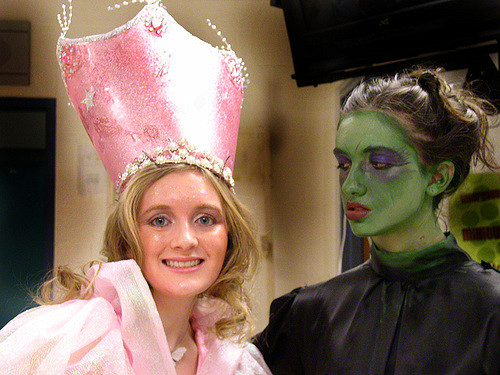There’s a certain kind of panic that hits when something slips through the cracks — an email unanswered, a missed deadline, a small mistake that feels bigger than it is. My heart races, not because of the mistake itself, but because of what it whispers: You’re not capable. I’ve been thinking a lot about competence lately. Not the kind you put on display when everything goes smoothly, but the kind that shows up when life is messy.
Fear of Incompetence
At my core, one of my biggest fears is feeling incompetent — like I can’t handle what life throws at me. I feel it in my bones every time something slips through the cracks. But lately, I’ve been realizing that maybe I’ve been defining competence all wrong. For most of my life, competence meant what I now call competency displays. Looking organized, being prepared ahead of time, getting it right the first time, never messing up. Those moments soothe me, because they quiet the fear for a while. They prove, at least on the surface, that I’m capable. But the truth is, life is rarely that neat. There are bank mixups, missing orders, deadlines that shift, human errors that catch me off guard. In those moments, my fear of incompetence gets loud.
Redefining Competence
My brain doesn’t always cooperate the way I wish it would, and that adds another layer. Tasks pile up, time slips away, and big, unclear problems loom larger than they should. This means I will stumble—sometimes in small ways, sometimes in glaring ones. And my fear is quick to label every stumble as incompetence. That’s a hard cycle to live in. But here’s the shift: competence isn’t never stumbling. Competence is handling it when human mishaps happen. That means competence isn’t proven in the flawless moments—it’s revealed in the rebound. It’s how I adapt, how I repair, how I keep going.
Growth Mindset
That shift moves me closer to a growth mindset, something I’ve believed in for a long time but haven’t always practiced with myself. Psychologist Carol Dweck coined the term “growth mindset” to describe the belief that our abilities and intelligence aren’t fixed traits. They are qualities that can be developed through effort, curiosity, and persistence. In this context, a fixed mindset says, “If I can’t do it perfectly, I must not be capable.” A growth mindset whispers, “I can learn this—I just haven’t yet.” It’s a subtle shift, but it changes everything. When I catch myself spiraling into shame over a mistake, practicing a growth mindset means pausing to ask, “What might this moment be trying to teach me?” It means replacing judgment with curiosity and remembering that resilience grows in the cracks—right where perfection falls apart.
Growth mindset says mistakes aren’t proof I’m incapable—they’re opportunities to learn, adapt, and grow stronger. It’s not about eliminating every stumble. It’s about becoming resilient in the stumble. So maybe competence, for me, is resilience in motion. It’s not about putting on a perfect display. It’s about showing up, again and again, even when I feel wobbly. It’s about handling the mishaps with as much grace as I can and letting that be enough. Because in the end, competence isn’t perfection. Competence is being human—and still finding my way forward.
Find more from Jamie here.












